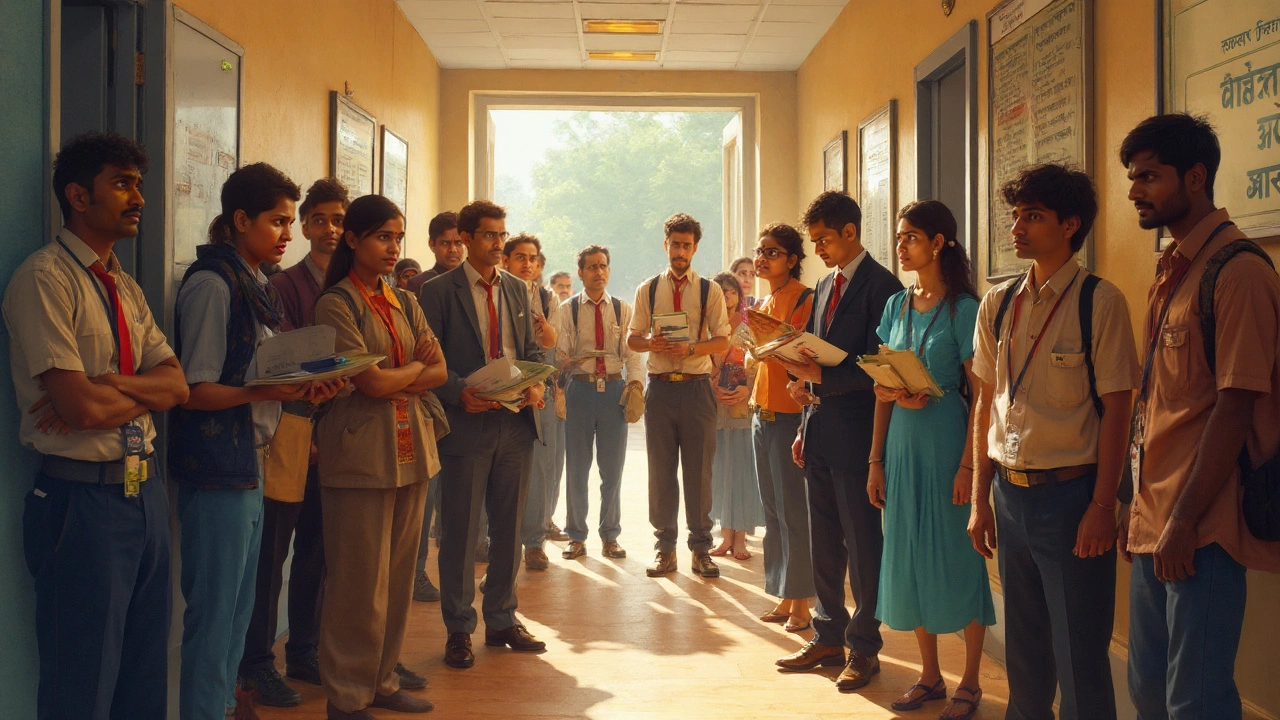Government Job Tips You Can Use Right Now
If you’re dreaming of a stable job in the public sector, you’ve probably felt the overwhelm of endless syllabi, tough exams, and confusing application forms. The good news? You don’t need a magic formula—just a clear plan, the right resources, and a few smart habits. In the next few minutes, I’ll share practical tips that cut the fluff and get you moving toward that government job.
Study Strategies That Work
First thing’s first: stop trying to read everything. Pick the official syllabus for the exam you’re targeting—whether it’s UPSC, SSC, or a state-level post—and list the core subjects. Break each subject into bite‑size topics and set a daily goal. For example, if you have three hours a day, allocate 45 minutes to each subject and keep 15 minutes for quick revision.
Use active recall. Instead of just highlighting notes, close the book and ask yourself what you just read. Write a short answer, check it, and repeat. This method reinforces memory better than passive reading. Pair it with spaced repetition: review a topic after one day, then after three days, a week, and so on. Apps like Anki can help automate the schedule.
Mix in mock tests every week. A mock test simulates the real environment—time limits, pressure, and the mix of questions. After the test, spend at least the same amount of time analyzing mistakes. Identify patterns: are you missing easy questions, or is a particular section dragging you down? Focus the next week’s study on those weak spots.
Don’t forget short breaks. Research shows a 5‑minute break after 25‑minute focus sessions (the Pomodoro technique) keeps your brain sharp. Use the break to stretch, hydrate, or glance at a news headline—just avoid scrolling social media for too long.
Interview & Application Hacks
Getting through the written exam is only half the battle. The next step—applications and interviews—needs equal attention. Start by polishing your resume. Keep it clean, one page, and highlight achievements that match the job description. Use action verbs: "managed", "organized", "implemented". Tailor each application, even if it means swapping a few bullet points.
For interviews, practice the STAR method (Situation, Task, Action, Result). When a panel asks, "Tell us about a time you solved a problem," walk them through a real example using those four parts. It shows you can think clearly under pressure.
Research the department you’re applying to. Know its recent projects, challenges, and values. Mentioning a specific initiative during the interview proves you’re genuinely interested, not just chasing a paycheck.
Finally, stay organized. Create a spreadsheet with columns for exam dates, application deadlines, required documents, and interview slots. Tick off each item as you complete it. This simple system prevents missed deadlines and reduces stress.
Remember, consistency beats intensity. Studying two hours every day for three months beats cramming ten hours once a week. Keep your routine steady, track progress, and adjust when a method isn’t delivering results. With these focused study habits and application tricks, you’re setting yourself up for real success in the government job race.
Government Job Interview Process: Number of Rounds & Tips for 2025
Curious about how many interviews you need for a government job? This guide breaks down government recruitment interview rounds, what to expect, and how to boost your chances.
